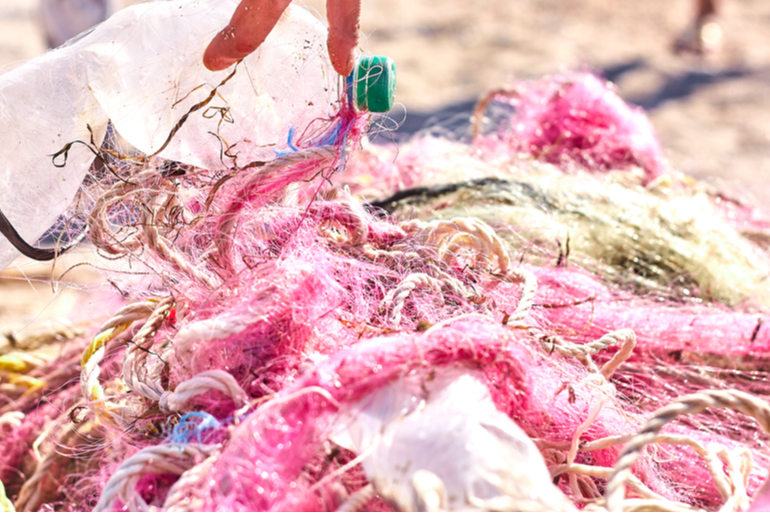
The series of recommendations targets all levels of the production-use chain of the plastic industry. Thus, in addition to the essential selective sorting at the individual level and the information of the citizens which must accompany it, the Academy insists on the efforts to be made by the industrial actors, to rethink in a radical way the production of plastics and to reduce the pollution at the source.
This approach must necessarily be part of a joint action involving also politicians and economists. This includes replacing commodity plastics – a real challenge because they are more stable and cheaper to manufacture – , taking into account the recycling of plastics from their design, by providing for marking to facilitate sorting, fighting against programmed obsolescence, promoting recyclable plastics by introducing taxes on the polluter-pays principle and, in general, to reduce their production, whether by banning the use of polymers or unnecessary additives (especially for the manufacture of colored plastics), by stopping the manufacture of small objects when substitute products exist, or by banning over-packaging.
The Academy also stresses that the transition of the plastic industry towards a necessary circular economy must be accompanied by a precise understanding of the fate of plastic waste and its impact on health and the environment. It recommends the development of an ambitious program of fundamental and applied research on a global scale, in which French research could play a leading role. For example, studies on polymer chemistry should lead to the development of products and methods that guarantee better recycling.
In terms of ecology, the Academy stresses the need to better document the global biogeochemical cycle of plastic waste, and in particular the phenomena of fragmentation and degradation of this poorly managed waste leading to the production of micro- and nano-debris that eventually end up in tens of millions of tons in the oceans.
Finally, from a health point of view, new research must be undertaken to assess the impact of plastic waste on ecosystems and living beings, by deepening the studies which, until now, are still very insufficient.
